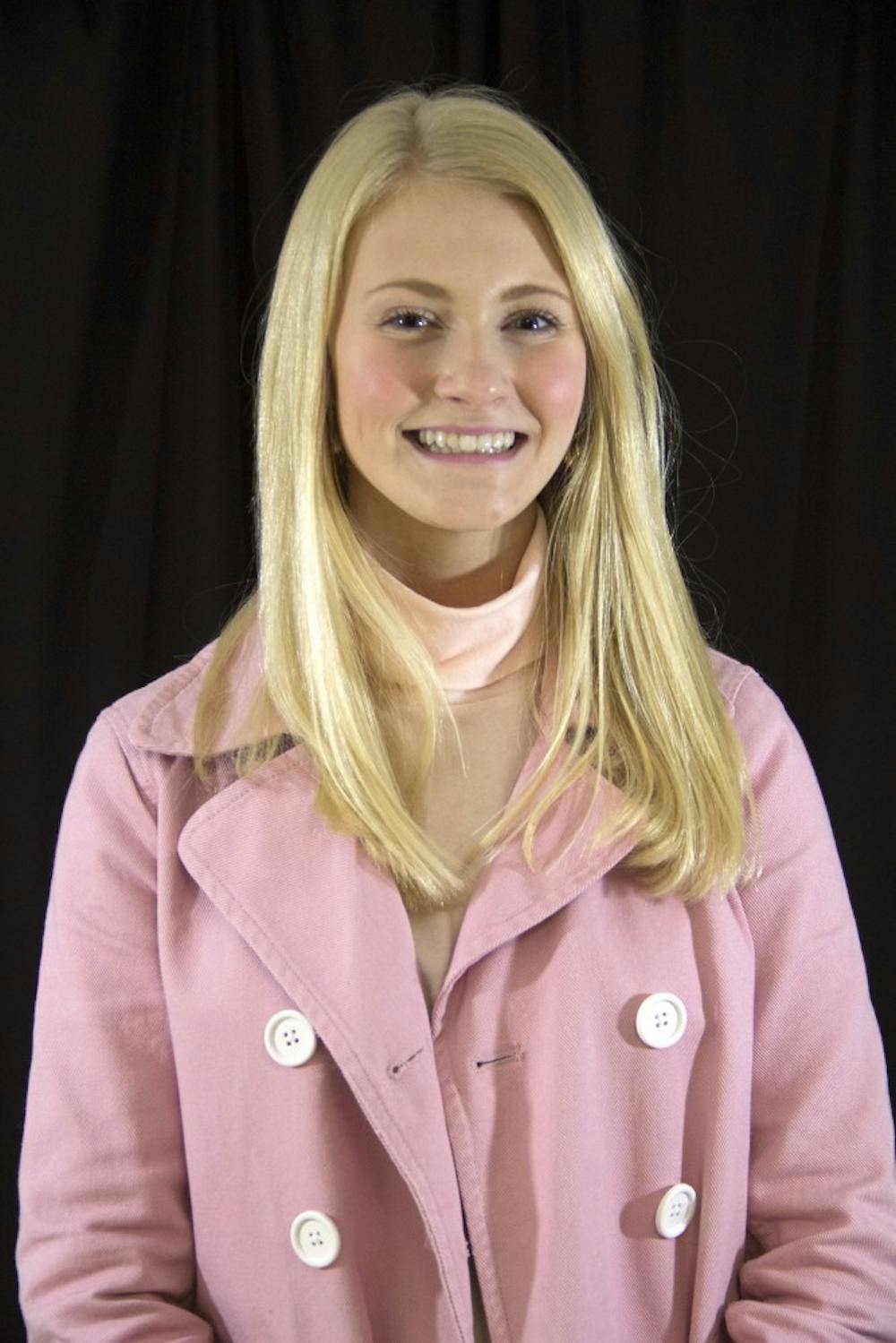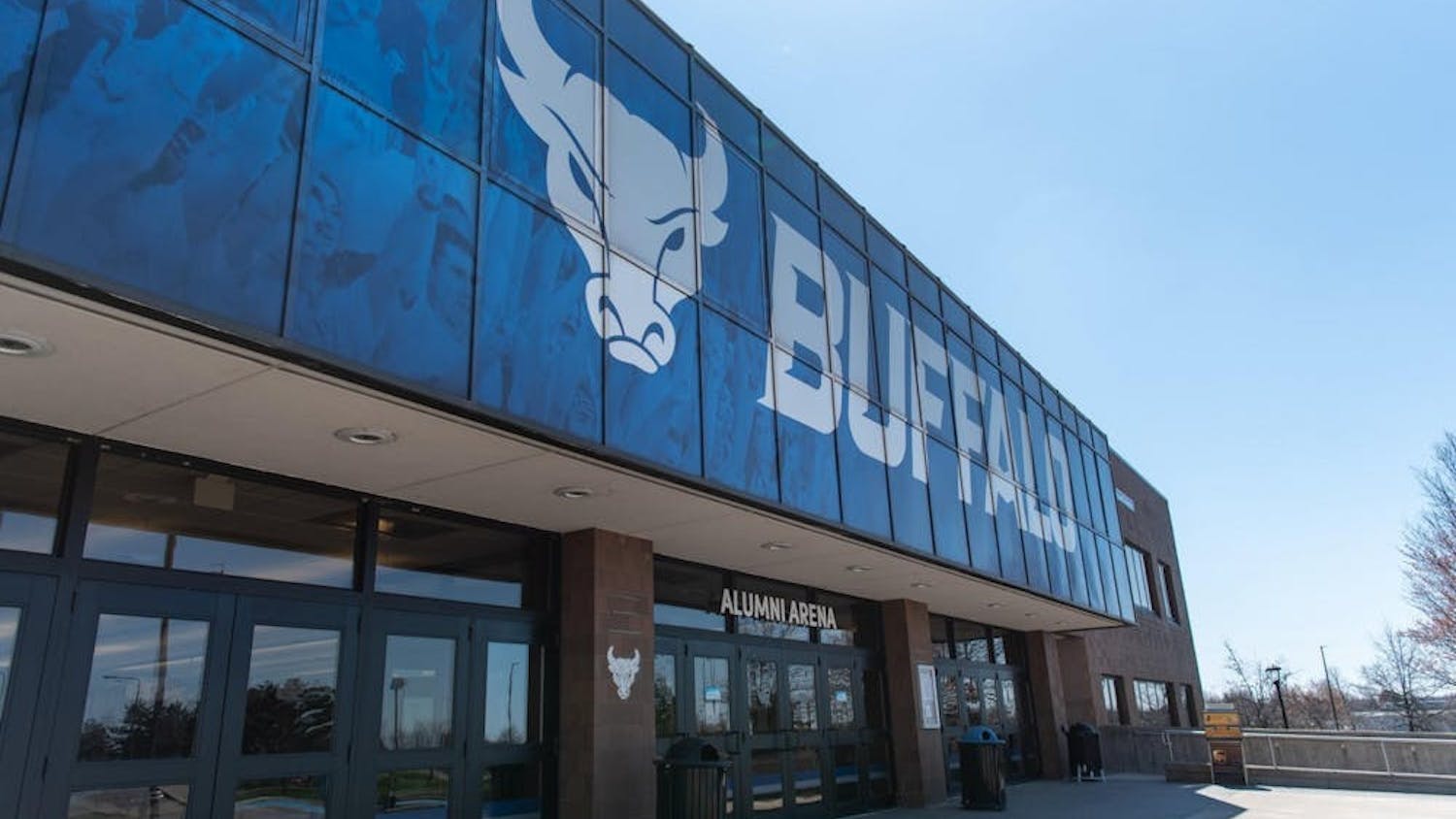I came to UB my freshman year at a sophomore standing, with 24 credits already under my belt from high school AP exams. I figured I could either drag out the rest of my required courses over four years or take advantage of the free year I have been given and graduate from UB early.
I chose the latter and I will graduate this spring in three years.
There is absolutely nothing wrong with following UB’s Finish in Four plan and graduating on time, there’s a reason it’s UB’s standard and recommended graduation policy.
But there is also nothing wrong with graduating sooner.
If you are thinking about graduating early, here is some advice for how to do it.
Decide early
Graduating early requires a heavy courseload and strategic course planning. To plan courses accordingly, you have to decide early on.
I knew I wanted to graduate college early back in high school, so I took AP courses that UB would accept as course credit to get ahead. While you don’t have to decide this in high school, having those few extra years to prepare certainly helps.
You can decide to graduate early during your freshman and even your sophomore year. If you are already a junior, however, it may be too late to finish your UB requirements that same year.
You will need to pick a major early on and stick with it, so that you can maximize your courses and credits per semester. If you do not know what major you want to study or if you decide to switch majors, graduating early may not be the easiest option for you.
You’ll need to have at least one more year of being a UB student when you decide on graduating early, so that you can plan to complete all of those course and credit requirements,
The earlier you start preparing for this major life decision, the better.
Double dip
I found out I could “double dip” major and UB Curriculum requirements with some courses. This means I could satisfy two different requirements given to me with only one class.
If you are majoring in the humanities or soft sciences, double dipping should be easy for you. If you are in the physical sciences or engineering, don’t lose hope.
As mentioned in a previous article from The Spectrum on the UB curriculum, you can satisfy humanities-focused Pathways through a number of STEM courses. For me, I satisfied the six Pathways courses and diversity requirement in only four classes. The other two courses were AP transfer credits, one of my Pathway classes was a major requirement, and one of my Thematic Pathways satisfied the diversity requirement, too.
If you want to take extra classes that aren’t relevant to your major or take a separate class to satisfy the diversity requirement, be my guest. The more miscellaneous classes you take, however, the longer it will take you to finish courses you need to graduate.
Plan strategically
Once you have decided that graduating early is right for you, now comes the fun part: planning out the rest of your life as a UB student.
You need to sit down and look at all of your graduation, major and UB Curriculum requirements. Then, you need to start making a plan of the best courses to take and when.
When planning, watch out for courses with prerequisites. Do not plan to take a course without planning to take the prerequisites beforehand. It sounds easy enough, but this can be a simple, but dangerous mistake.
Also, pay attention to whether courses are offered in the fall or in the spring. There is nothing worse than going to sign up for your last required course, only to realize that it’s not offered that semester.
Though it may cost extra, take advantage of courses offered during the winter and summer semester. If you take a course then, you free up time during the fall and spring semester to focus more on your other classes. For me, paying winter tuition was definitely worth not having to take physics and organic chemistry at the same time.
Plan as far ahead in advance as you can and run your plan by your adviser to double check if you are covering all your requirements in a smart and timely fashion.
Prioritize extracurriculars
Graduating early means you will have less time than your peers to experience college and all the opportunities it affords you.
This means you will have to narrow down your extracurriculars to a few clubs or activities you are passionate about. For me, this was undergraduate research and my position as a scientific outreach student assistant. When I joined The Spectrum, I quit my E-board position on one of my clubs.
You will have to make some tough choices and really reflect on what you enjoy doing most, what is most worth your time and effort –– because free time with a heavy course load is very precious –– and what will help you excel in your future plans of internships, jobs, and graduate schools.
You might not have time to join an extra club or to take an E-board position because it’ll take up too much time and take away time from your classes. You certainly shouldn’t waste time partying, as well.
If it’s the full “college experience” you’re looking for, you might want to take four years to enjoy it.
Taking on college in just three years is definitely not for everyone. You have to be a master planner and most importantly, a strong student. Map out courses for the rest of your time at UB to see if graduating early is a possibility for you. Then, talk with your adviser to determine if your plan will work and if this is the right choice for you.
Kirsten Dean is the assistant features editor and can be reached at kirsten.dean@ubspectrum.com and @KirstenUBSpec on Twitter





